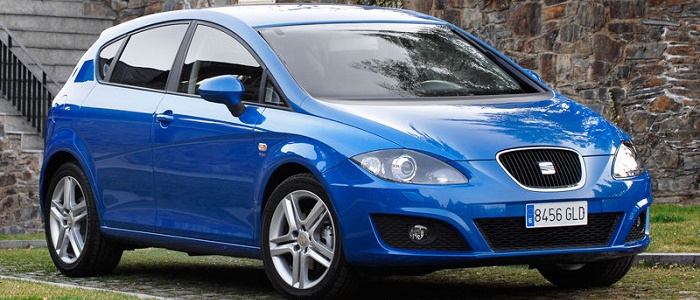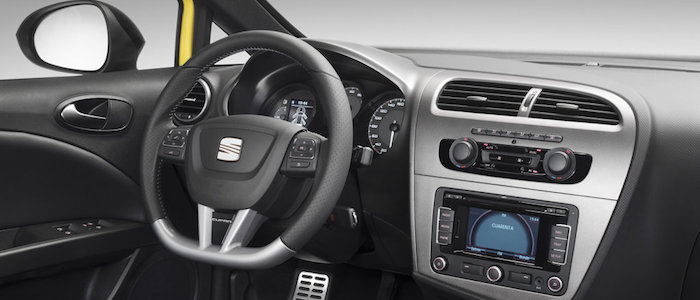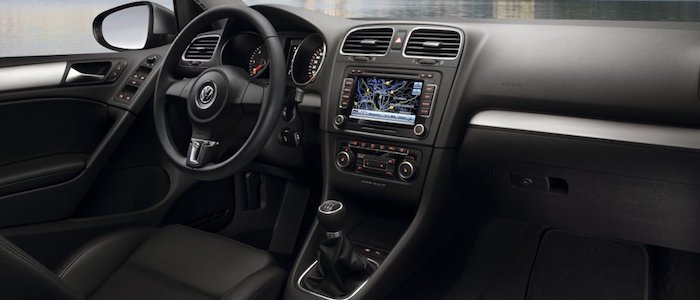Compare two cars
Compare any two cars and get our Virtual Adviser™ opinion
Marketing
Dimensons & Outlines
Engine
Performance (manual gearbox)
Performance (automatic gearbox)
Expenses
Virtual Adviser's™ opinion
Well, these are two pretty similar cars we have here! It's only details that could potentially make the difference. Not only that they both belong to the small family car segment and utilize the same 5-door hatchback body style, they are even powered by the same Volkswagen-developed diesel engine! There is not much there to point us towards one vehicle or the other. Or is it?
SafetyBoth vehicles got tested by European New Car Assessment Programme (Euro NCAP), with the Volkswagen being a slightly better choice apparently. That aside, let's consider some other aspects which affect safety. Both vehicles belong to the small family car segment, which is generally classifying them somewhere in the middle safety-wise, but it doesn't do much to help us decide between the two. Furthermore, when it comes to weight, a factor that most people underestimate, the Spanish car offers a marginal difference of 1% more metal.
ReliabilityManufacturers have been building their reliability reputation for decades now and, generally speaking, it appears that both brands display similar results in faults and breakdowns, all the models observed together. That's the official data, while our visitors describe reliability of Seat with an average rating of 4.4, and models under the Volkswagen badge with 4.2 out of 5. Some independent research have also placed Leon as average reliability-wise, and Golf is more or less at the same level.That apart, owners of different cars powered by the same engine as these two vehicles rank it on average as 4.5 out of 5.
Performance & Fuel economyVolkswagen is a bit more agile, reaching 100km/h in 0.2 seconds less than its competitor. In addition to that it accelerates all the way to 190 kilometers per hour, exactly the same as the other car does. When it comes to fuel economy things look pretty much the same for both cars, averaging around 4 liters of fuel per 100 kilometers (72 mpg), in combined cycle.
Verdict
Seat appears just a bit more reliable, although the difference is truly marginal. The most important thing when deciding between any two vehicles should always be safety, both passive and active. In my opinion, everything taken into account, the German car offers slightly better overall protection and takes the lead. It all continues in the same direction, with Volkswagen offering somewhat better performance, just enough to call it quicker. It does come at a cost though, and that's the fuel consumption... At the end, as much as I'd like to give you a winner here, it's simply a pure tie if you ask me. Anyway, that's the most objective conclusion I could've came up with and it's based solely on the information found on this website. Aspects such as design, practicality, brand value and driving experience are there for you to measure them out. Also, you could use the oportunity to find out which car, everything taken into account, would be the perfect choice for you in the eyes of the virtual adviser™, out of 12.000+ vehicles we currently have in our database.
































